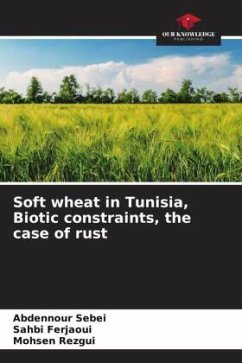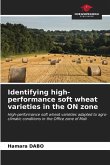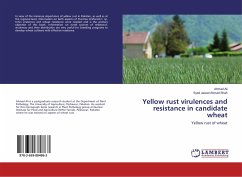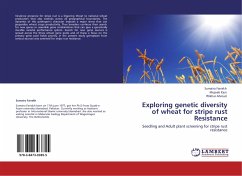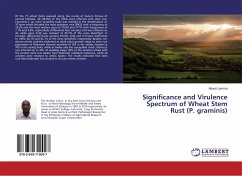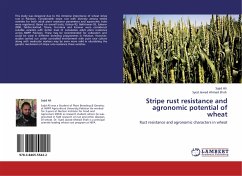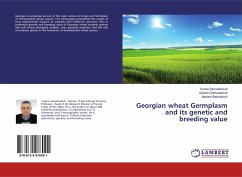Wheat can be attacked by numerous diseases at different stages of development. These attacks can cause significant losses when the varieties used are susceptible and the environmental conditions are favourable to the development of the diseases. Rusts are one of the most damaging diseases affecting cereals, and can cause losses of up to 70% or even the entire crop on susceptible varieties. The aim of this study is to investigate the variability of yield and its components in a number of soft wheat genotypes under different stresses in the subhumid region of Béja. The results obtained show that a single application of foliar fungicide against yellow rust at ZGS 55 reduces the severity of the disease (by up to 60%) in susceptible soft wheat varieties. As a result, an advantage in grain yield and positive effects on yield components were observed. The disease can cause huge losses in grain yield, 1000-grain weight, yield per ear and biomass. These losses depend on the level of susceptibility of the genotype and the aggressiveness of the pathogen.

